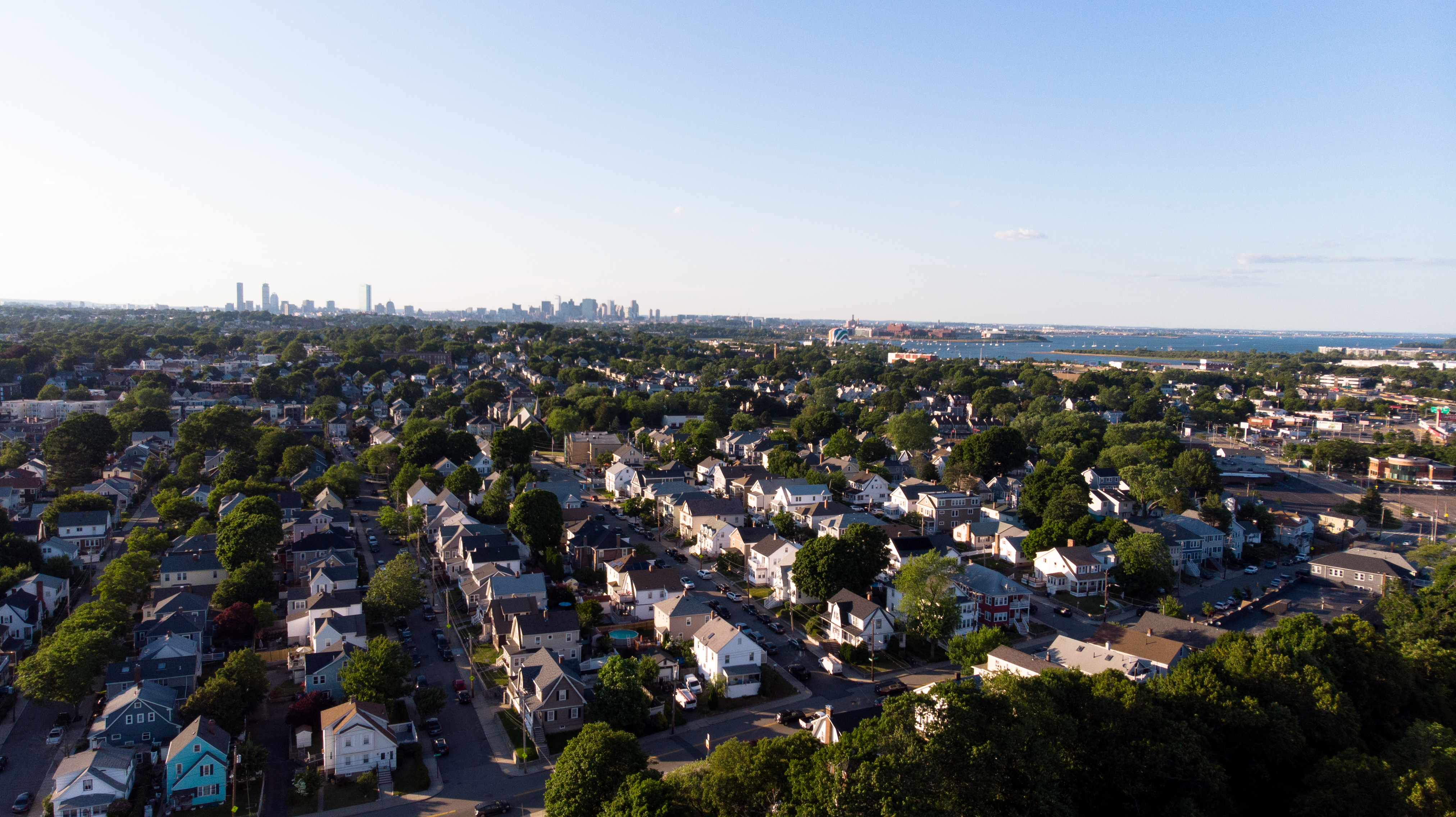MetroCommon 2050 is Greater Boston’s long-term land use and policy plan. It seeks to connect the Greater Boston of today to a more just, sustainable, equitable, and prosperous future. To do this, we need to understand the conditions on the ground for our residents, workers, businesses, and ecosystems, and the trajectories along which they are moving. Research conducted as part of the MetroCommon planning process can help us to see some of the patterns and idiosyncrasies of the region, and to imagine possibilities for its future.
We used the research developed as part of MetroCommon to understand our region more fully and to provide data and evidence answering key questions. The research findings supported the development of both the action areas and the plan’s public policy recommendations. We held public release events throughout the planning process to highlight the new insights and tools that have been developed.
This research encompasses both in-depth reports and webtools:
MetroCommon Reports: Investigations, analyses, and essays that explore some of the most important realities of our region.
MetroCommon Webtools: Interactive data and analysis that will help local officials, planners, advocates, and policy makers to navigate the complexities of our region and to make the on-the-ground change envisioned in the plan.
What is MetroCommon 2050 and how does research fit in?
MetroCommon 2050 is Greater Boston’s long-term plan. It’s about ways the Boston region can become more just, more equitable, more prosperous, and more sustainable. MetroCommon is built on goals – that is, what people have told us they want. It defines action areas that give today’s issues context, and that reveal systems that require intervention. It goes deeply into key topics, finding insight in the trends, patterns, and idiosyncrasies of the region: in other words, research. And it makes specific recommendations for policy changes that can help us to achieve our goals. The part of the plan you’re looking at now is the research section.
How did MAPC get input on the MetroCommon 2050 research?
Community engagement is a core practice at MAPC. So is the practice of confirming and challenging what we think we know. We “ground-truthed” every component of MetroCommon 2050 with people too often left out of planning processes to make sure the plan was worth implementing. The MetroCommon 2050 research was shared for feedback in the following ways:
- Research agenda developed by MAPC staff in consultation with external partners
- Research agenda vetted by MetroCommon 2050 External Advisory Committee
- Draft products were shared with partners for feedback
- Public events to launch reports and webtools widely publicized through all communication channels.
Read more about our MetroCommon 2050 community engagement.

